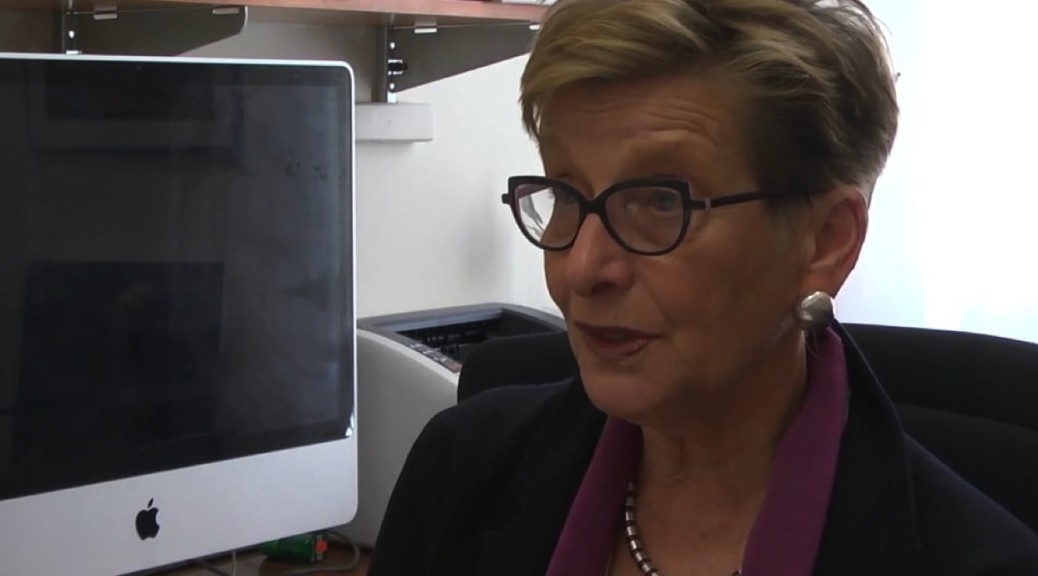MARIANNE HIRSCH
Professor of English and Comparative Literature
IRWGS Core Faculty
IRWGS Director, 2007-08, 2015
Our central project with the Global Centers, that I’ve been involved in, is Women Creating Change. That’s already a multi-pronged project. We were actually invited to invent something on women and gender that would happen at the Global Centers. To his credit, Lee Bollinger realized that we have all these Global Centers, we have a lot of initiatives, but somehow there isn’t enough work going on around gender and sexuality. So he invited me, actually, to come see him and said, would I be willing to work on something that would make gender and sexuality much more central to what some of the Global Centers are doing. I said, “Yes, if we can house it in the Center for the Study of Social Difference,” because we already have that center.
We decided to keep the same model—we called it Women Creating Change—and be around some working groups that people were already doing. We decided to identify some crucial questions that were affecting women and that were questions around gender that are happening globally. Memory is one of them, religion is another, urbanization and the urban was another one that was really important. Another line is on social policy questions and the relationship of the state to social lives, and state welfare, and state sponsored programs that would benefit the social life of the population. Questions of education and healthcare and things like that. We’ve had a welfare state model in the developed world—not so much in the developing world, but even in developed world—that’s disappearing. So what’s taking the place of that, and how does that affect the lives of women, and families, and men, and migrants and citizens?
Those are the main projects that Women Creating Change is built on. The one that I’ve been involved in has been Women Mobilizing Memory. We’ve built collaborations with the Global Center in Chile and the Global Center in Istanbul. It’s something that could really also go elsewhere. Some of the people at the Global Center in Brazil are interested in that. So we’re really looking at strategies of mobilizing the memory of past catastrophes, and present disasters as well, toward the future and toward change. It draws on memory studies but it also draws on activism and it brings together the arts and the humanities, and the more humanistic social sciences because academic structures are different in each of these places.

